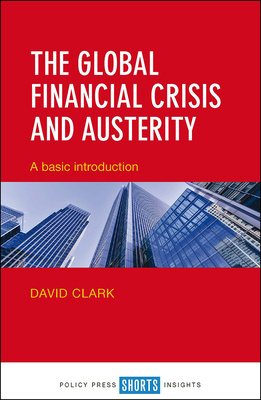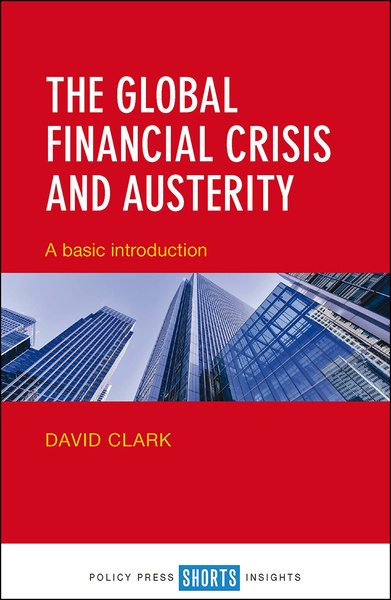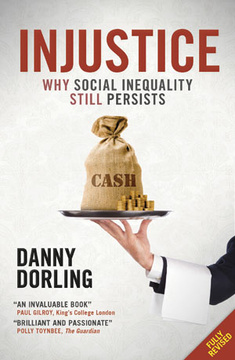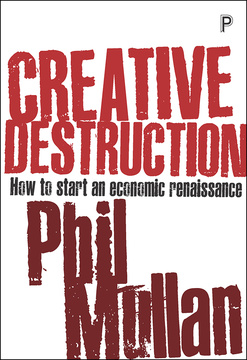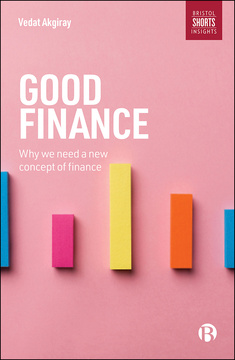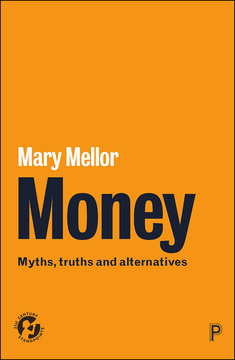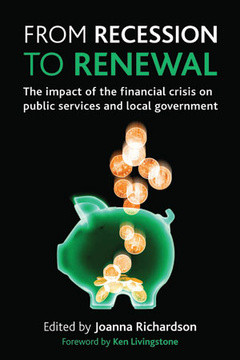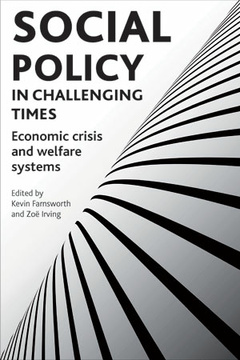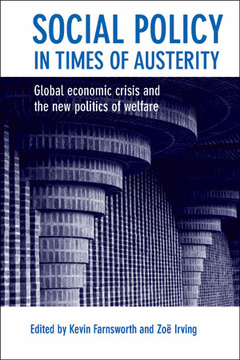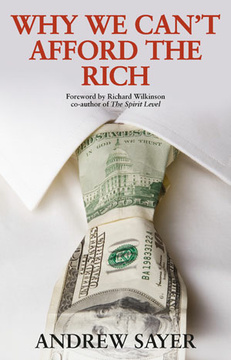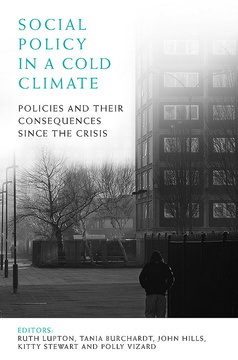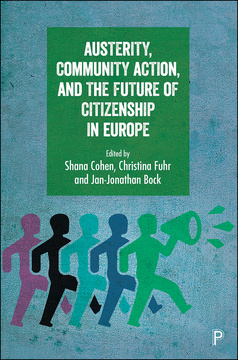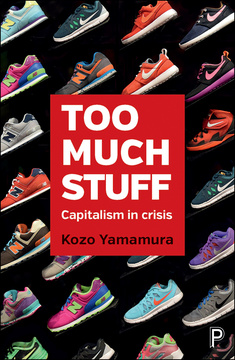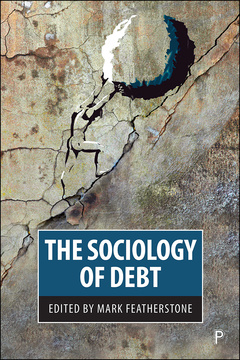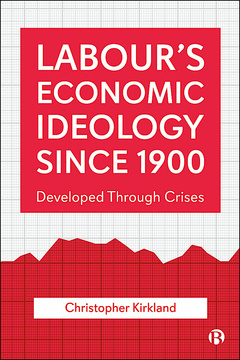Published
Nov 30, 2015Page count
160 pagesISBN
978-1447330394Dimensions
198 x 129 mmImprint
Policy PressPublished
Nov 30, 2015Page count
160 pagesISBN
978-1447330400Imprint
Policy PressPublished
Nov 30, 2015Page count
160 pagesISBN
978-1447330417Imprint
Policy PressGiven the huge impact of the 2008 financial crash and post-crash austerity on so many people’s lives, there is a need for a concise, accessible guide to its causes and its longer-term significance. Written by an expert in political science and straddling finance, economics and political science, this entry-level summary demystifies global finance and puts the financial crisis in its historical context. It also outlines the policy responses of Western governments to the crash and the ensuing recession and turn to austerity.
Supplemented by an appendix with an A-Z glossary of key terms, processes and institutions, the book concludes by asking if the crisis is really over and outlines possible future scenarios, making it an impressive overview for anyone with little or no previous knowledge of the subject.
“As a simple-to-read introduction to and look back upon the financial crisis this is as good at it gets.” Professor Andrew Hindmoor, University of Sheffield, UK
"David Clark has written an insightful introduction to the causes and consequences of the global financial crisis, to be welcomed both for its brevity and clarity" Dr Simon Lee, University of Hull, UK
"This book is a ‘must read’ for anyone who wants a crash course on the global financial crisis and austerity. Written in a highly accessible manner, it uses academic experts’ insights to great effect to explain what happened and why." Professor Vivien A. Schmidt, Boston University, USA
"Clark's political economy of the global financial crisis and its aftermaths is as clinical as it is accessible. It systematically demystifies and therefore empowers. This book deserves a wide readership." Professor Steve Tombs, The Open University, UK
"We are still living in the shadow of the 2008 financial crash. David Clark provides an impressive overview of its causes and consequences, and how it has been interpreted." Professor Andrew Gamble, University of Cambridge, UK
"Without deeper understanding of finance and economics, citizens cannot truly exercise their democratic agency. David Clark has met this challenge with a highly readable book that guides us through the complex landscape of the global financial crisis and its aftermath. Reading it is as much a democratic act as an educational one." Tony Greenham, Director, RSA
Now retired, David Clark was formerly head of social, community and political studies at Southampton Solent University. He taught public policy and management in a number of UK universities before working on a consultancy basis for several years, undertaking assignments in the fields of urban and rural regeneration, public health, and housing and land use planning. He has written widely on themes relating to administrative justice, urban and rural regeneration and public service reform in the UK, France and Canada, most recently in association with the Québec National School of Public Administration.
Introduction;
Banking and shadow banking: an overview;
From boom to bust and beyond;
Putting the great financial crash in its place;
Exploring the neoliberal heartland;
Post-crash austerity;
Finance-led capitalism at a crossroads?







